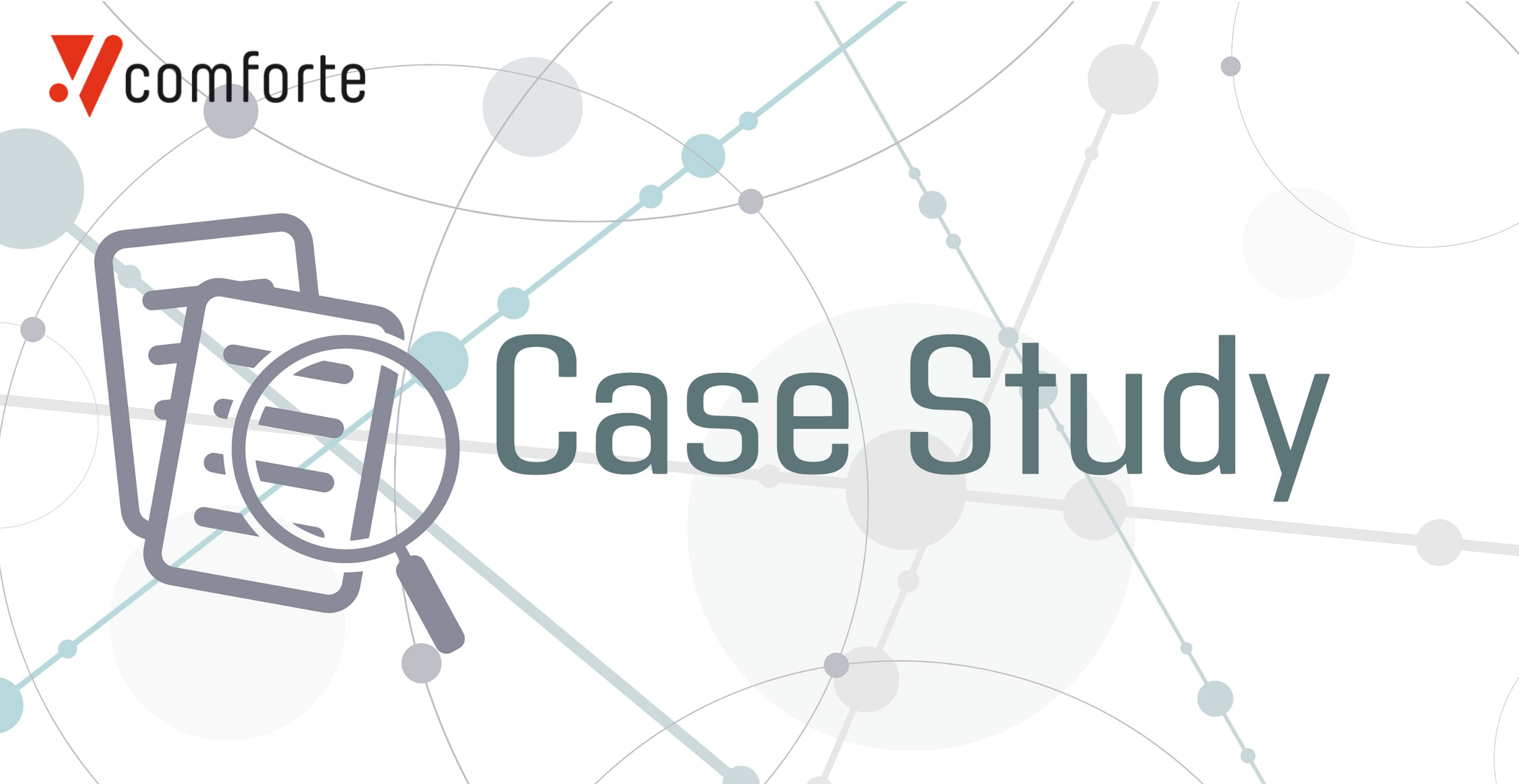Data volumes are soaring globally as the digital world continues to grow exponentially. By some estimates, the amount created, captured, copied, and consumed worldwide will grow by 24% year-on-year to hit 120 zettabytes by the end of 2023. It could reach as much as 181 zettabytes by 2025. Organizations have been trying to make money from this data for many years. But with affordable cloud-based analytics tools now widely available, the focus has shifted from “if” they should push ahead with projects to “how.”
The world is increasingly built on data. But monetizing it effectively is not so easy. Research from management consultants Kearney a few years ago found that just 8% of companies could be considered analytics leaders.
Saving costs and creating revenue streams
Data monetization can mean different things to different companies. For some, it’s about selling data directly to third parties. For others, it’s about using data internally to drive business benefits. This two-part blog series will focus on the latter. And the good news is that there’s plenty on offer for those who get it right. Analytics market leaders generated 60% more profit than businesses that lagged behind them, according to Kearney.
So what can data monetization achieve in this context? Economic benefits include:
Cost reduction by using data to reduce waste and consumption, and/or optimize operations.
New products/services/features which can be created out of intelligence on new market trends. This will help to drive additional revenue streams.
Competitive advantage over those organizations which have yet to effectively derive business insight from data.
Strategic partnerships with third-party organizations also keen to benefit from the data insights generated by your business.
The use cases are almost endless – from optimizing supply chains to using financial forecasting to allocate corporate funds more effectively. Organizations could even leverage internal metrics generated by HR departments to help improve employee engagement and retention.
How to get started
While technology has certainly lowered the bar to entry for organizations seeking to invest in data monetization, it is not something to enter into lightly. Careful planning is required to first map out a strategy, and then execute on it. Consider the following:
- Understand the corporate data landscape
Before working out a plan of action, it pays to know exactly what data the enterprise collects, and how valuable or otherwise it is. Could there be new opportunities to collect additional data which could be monetized, and how easy would it be to do so? - Work out your goals
Understand what your objectives are. Is this primarily a cost-cutting exercise or is it more about creating innovative new products and services to add value for customers? Is the focus internal or does the company want to sell data insights to third parties? - Establish who your clients will be
Once those goals have been established, it’s about deciding who the primary recipient of data insights will be. Will it be the board? The finance team? Or perhaps the marketing and sales departments? - Get boardroom buy-in
As with most ambitious business projects, the green light has to be given from the very top in order to guarantee progress. Only with this kind of buy-in will key stakeholders get the nudge they need to accelerate initiatives. Senior executives still to be won over may benefit from seeing case studies involving competitors which have already successfully leveraged data insights.
Next steps
Once a strategy is in place, it’s time to build the all-important business processes that will put it into action. Cloud-based platforms like Snowflake are increasingly essential to manage the sheer scale of data volumes necessary for these projects. The centralized nature of these platforms also makes it easier to collaborate, with all team members working from a single source of truth.
Critically, data monetization will only produce the desired results if the data itself is protected from thieves and accidental leakage. It must be secured in a way that still enables utility, whilst mitigating the risk of serious financial, reputational and compliance risk.






